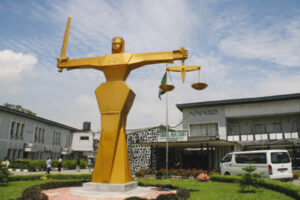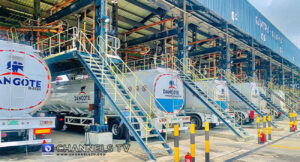The Federal Inland Revenue Service (FIRS) has recorded an unprecedented total tax collection of ₦47.39 trillion between October 2023 and September 2025, surpassing its revenue target by 15 percent and achieving a 115 percent performance rate.
The milestone, achieved under the leadership of Executive Chairman Zacch Adedeji, marks the highest revenue performance in the agency’s history since his appointment by President Bola Tinubu in September 2023.
According to official data, the revenue growth was driven largely by the non-oil sector, which contributed 76 percent of total collections — a reflection of the government’s ongoing diversification and tax reform agenda.
Non-import Value Added Tax (VAT) outperformed expectations at 137 percent of target, while import VAT hit 131 percent, boosted by enhanced digital monitoring and compliance measures.
Between January and September 2025 alone, the FIRS generated ₦22.59 trillion, meeting 120 percent of its target for the period and achieving 90 percent of its annual revenue goal of ₦25.2 trillion.
Of this amount, oil-related taxes accounted for ₦5.29 trillion (98 percent of target), while non-oil taxes rose to ₦17.3 trillion, or 128 percent of projections.
Read Also
The top contributors to the total collection were Company Income Tax (32.6 percent), non-import VAT (23.2 percent), and Petroleum Profit/Hydrocarbon Tax (17.4 percent), followed by education tax, import VAT, and gas income.
The FIRS credited its record-breaking performance to ongoing digital transformation initiatives, including the National Single Window and the National E-Invoicing platforms, which have enhanced transparency, efficiency, and real-time tax tracking.
READ ALSO: Aliko Dangote Becomes First African With Net Worth Of $30Bn
The agency also highlighted the positive impact of the 2025 tax reform laws, which streamlined procedures and aligned Nigeria’s tax administration with international best practices.
Despite the strong fiscal showing, Adedeji clarified that the federal government would maintain a strategic borrowing policy to support economic stability.
Speaking during the “Meet-the-Press” series at the Presidential Villa, Abuja, he explained that borrowing “is not a weakness but an approved component of Nigeria’s fiscal framework,” designed to complement revenue growth and sustain national development priorities.
He reaffirmed the Service’s commitment to building a modern, data-driven tax system that promotes compliance, reduces leakages, and strengthens the country’s financial foundation.





